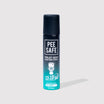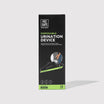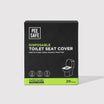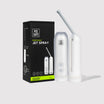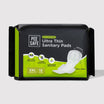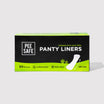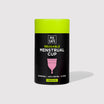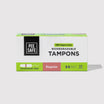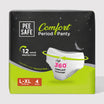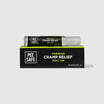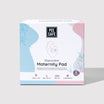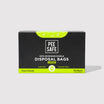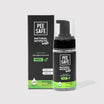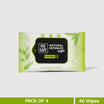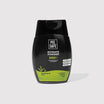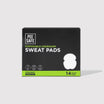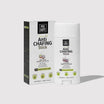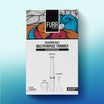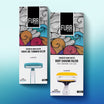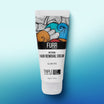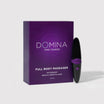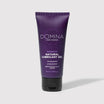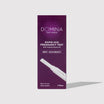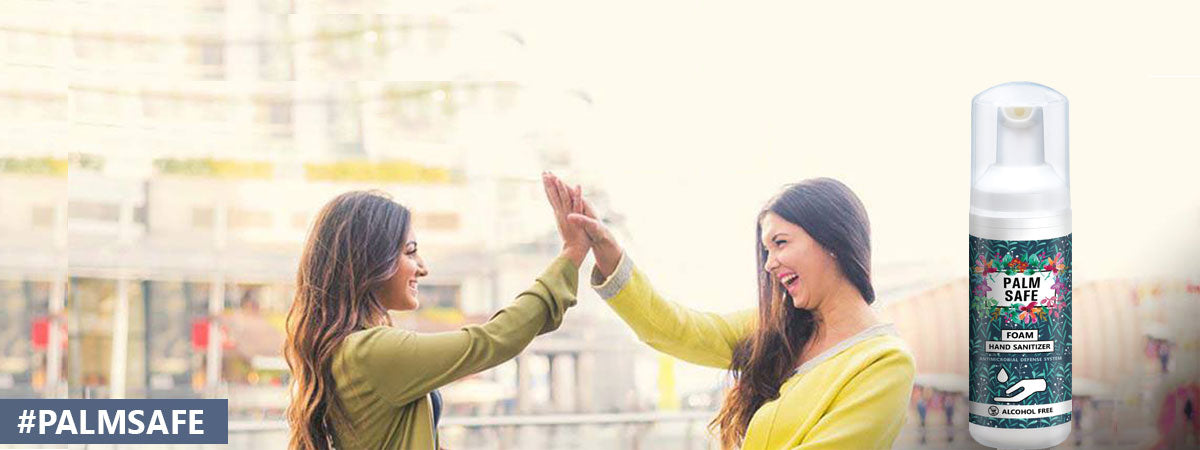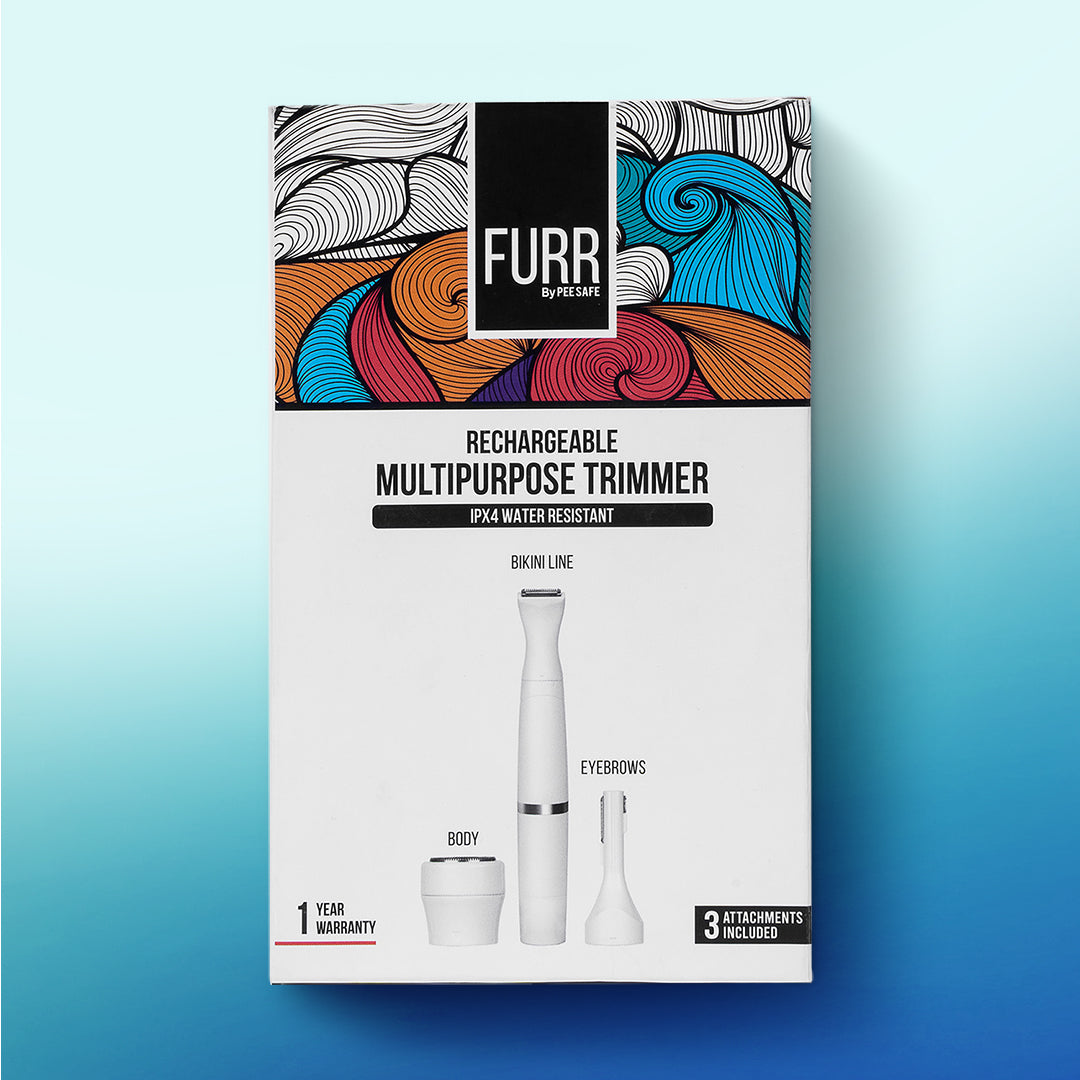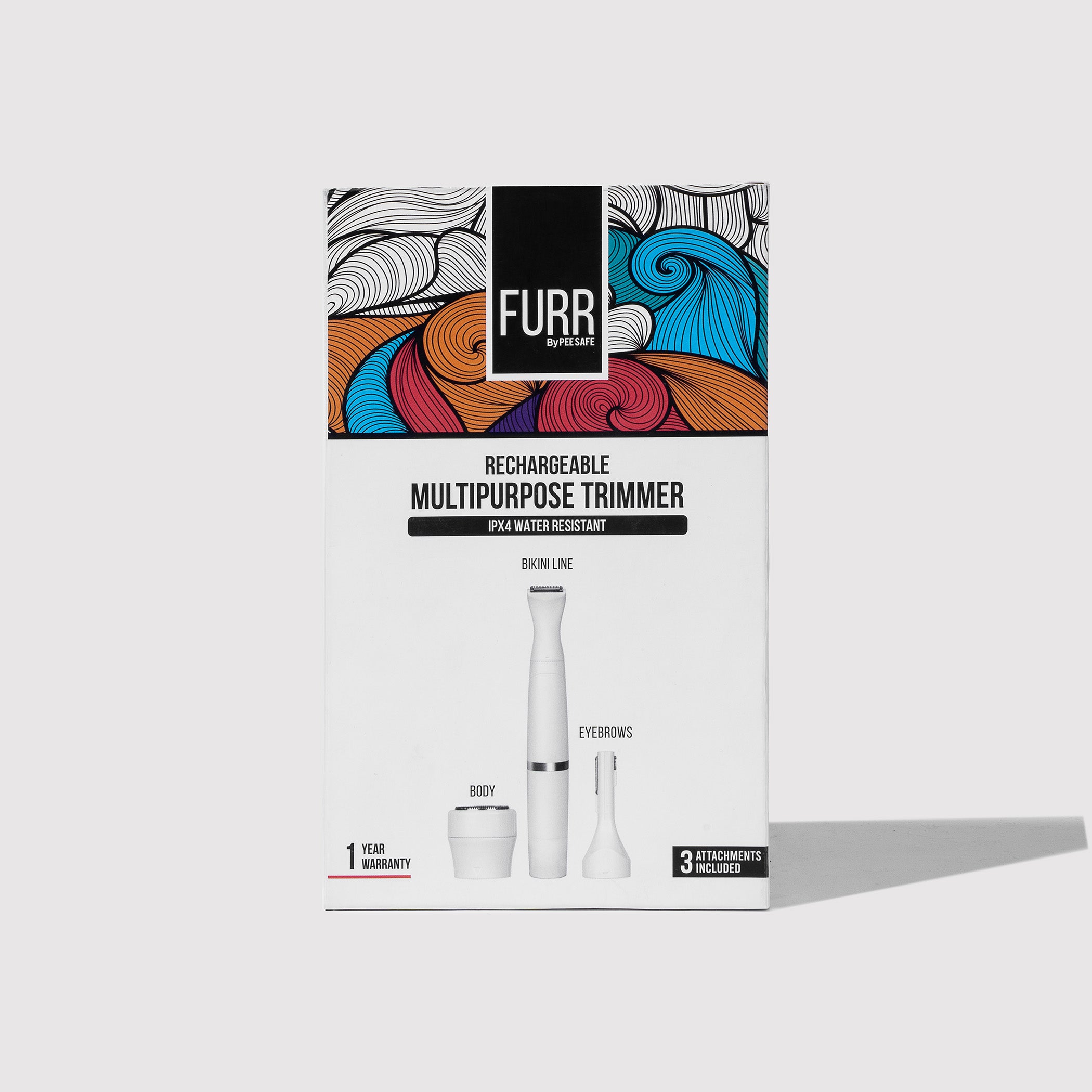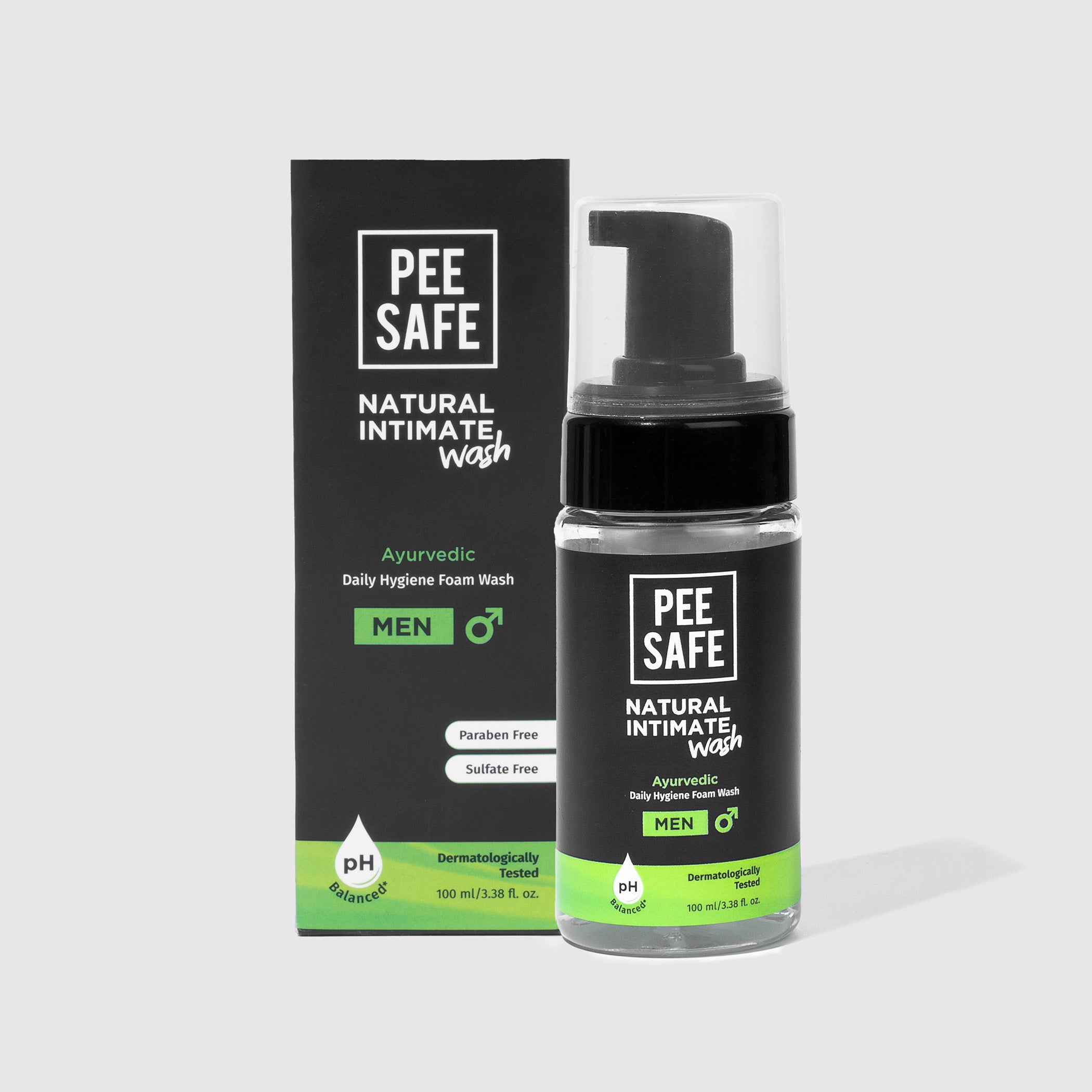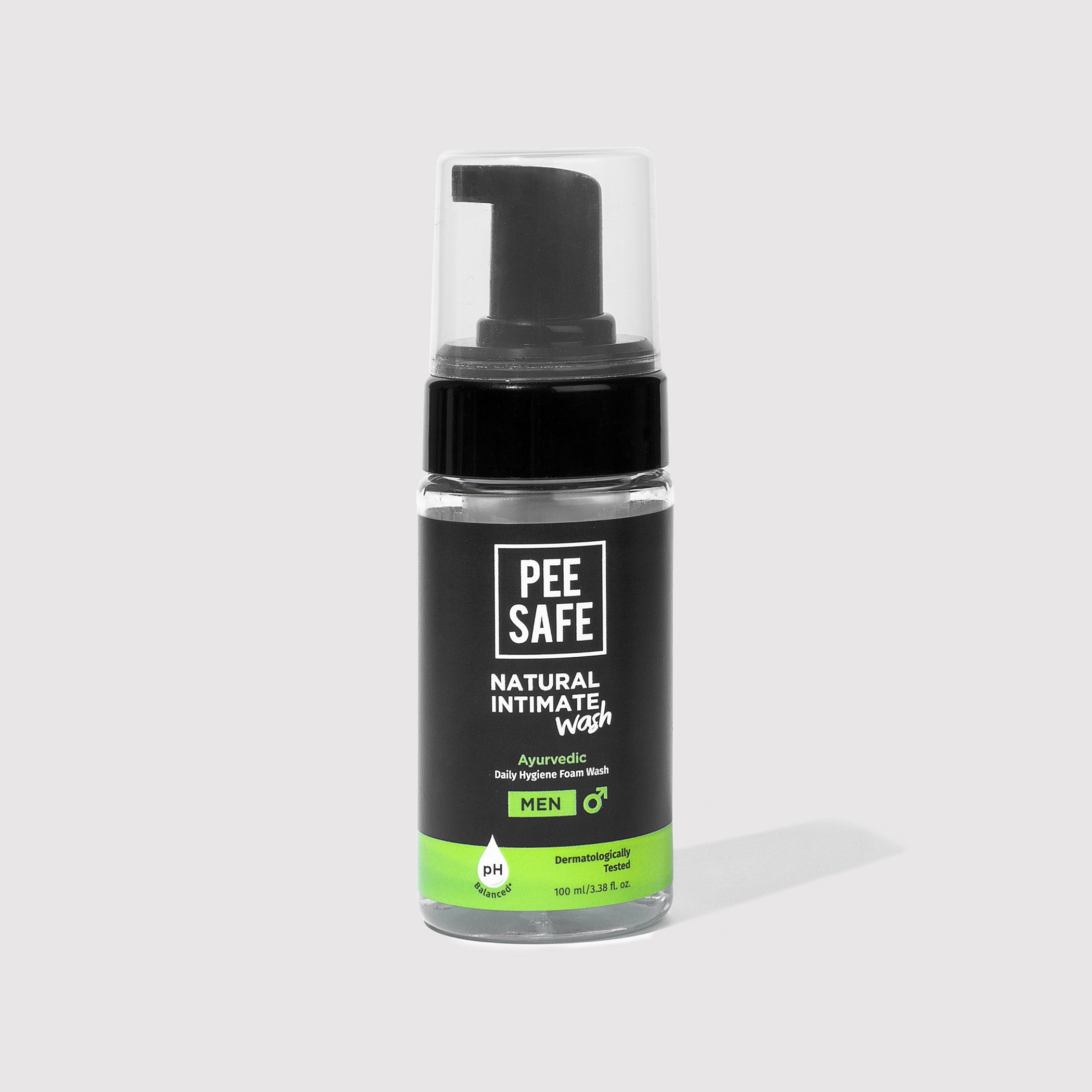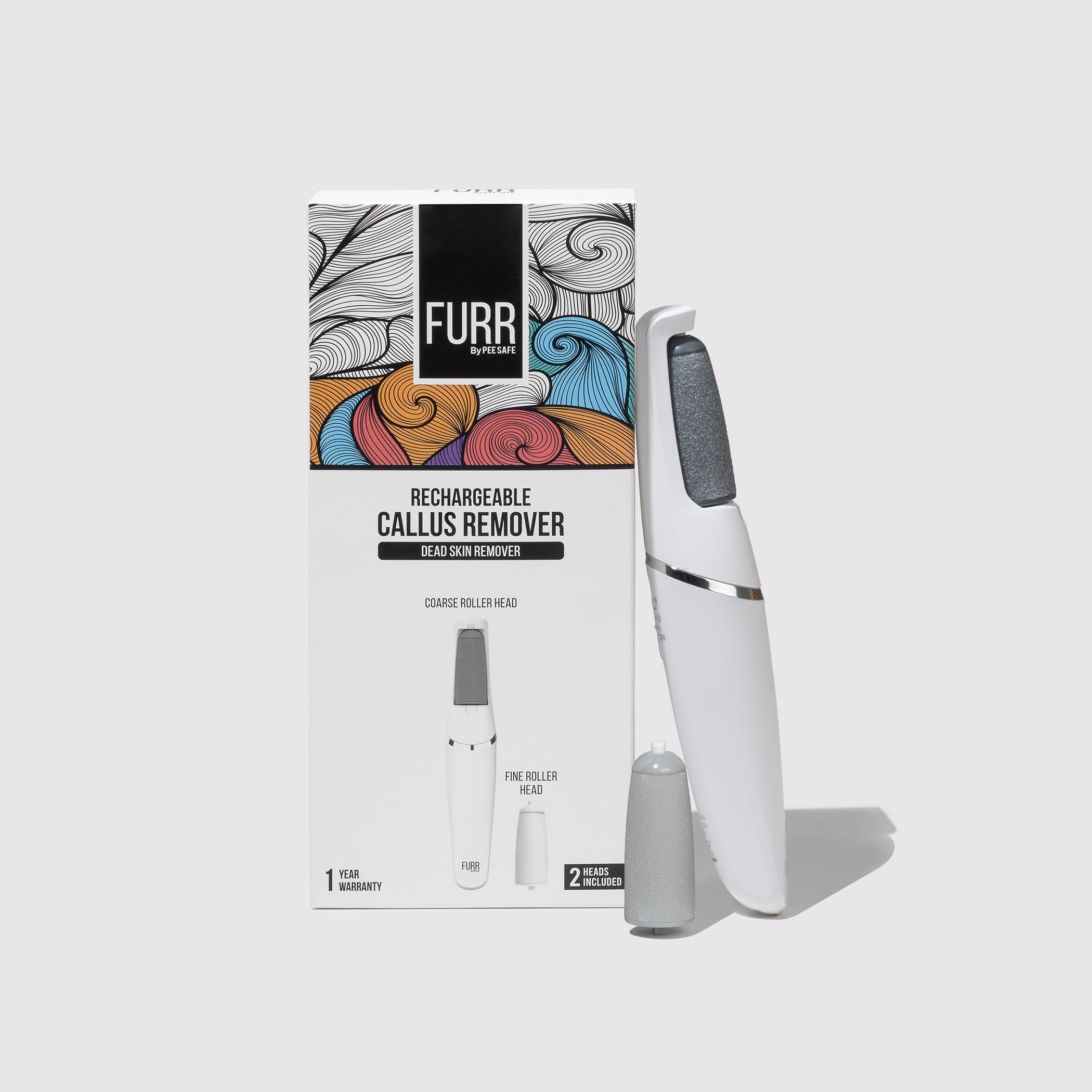We all know that proper hand washing technique is a vital part of keeping personal hygiene. But good old soap and water are not always around when you need them. For example, you shake hands with someone who is sneezing or you get an unexpected hug from a runny-nosed person or you are in your car and want to eat something and many more countless other situations. That’s where hand sanitizers come to the rescue.
In these modern times, everyone is very particular about personal hygiene. When we talk about personal hygiene when outdoors, the one thing that tops the list is Hand Sanitizers. Hand sanitizers are readily available in small bottles and can be kept in the purse or bag or even in your pocket. They are easy to use. They are also an excellent way to clean your hands when you are not near a sink. The market is flooded with two distinct types of sanitizers: one alcohol-based sanitizers and non-alcoholic based sanitizers. So how do we make a choice between them?
What is an alcohol-based hand sanitizer?
Alcohol-based Hand sanitizer is a liquid generally used to decrease infectious agents on the hands. They are gels that contain alcohol in order to kill the germs present on the skin. The alcohol works immediately and effectively in order to kill bacteria and most viruses. Alcohol-based hand sanitizers are effective only if they contain enough alcohol. So basically, alcohol is a standard ingredient, but it can dry the skin easily. Overly dry skin can result in painful cracking that also provides an environment for germs to enter the body. Consistent use of alcohol-based sanitizers can irritate the skin, causing you to use them less often. Finally, alcohol ingredients evaporate quickly, limiting effectiveness to a shorter time than alcohol-free sanitizers.
What is an Alcohol-free hand sanitizer?
Most Alcohol-free hand sanitizers that are available in the market come in water-based foam. They contain the active ingredient Benzalkonium Chloride (an effective bacteria killer), a quaternary ammonium. Alcohol-free hand sanitizers often contain less than a 0.1% concentration of Benzalkonium and the rest of the solution is mainly water. Benzalkonium chloride, the active ingredient in alcohol-free hand sanitizer is also a common ingredient in antiseptic solutions, baby wet wipes. Alcohol-free hand sanitizers are non-drying, non-irritating and remain on the skin longer before evaporating than alcohol-based products. Clearly, alcohol-free hand sanitizers have an upper hand when we talk about the effectiveness of a product. PalmSafe is foam based alcohol-free hand sanitizer. It removes germs within a few seconds of application. Guard yourself against disease-causing bacteria and ensure a long-lasting protection. The foam deeply nourishes your skin and prevents your tender skin from drying up. Palm Safe alcohol-free hand sanitizer is completely safe to use any number of times in a day. Having an effective hand sanitizer as part of your preventative defense against illness and disease is a crucial part of a healthy environment.

